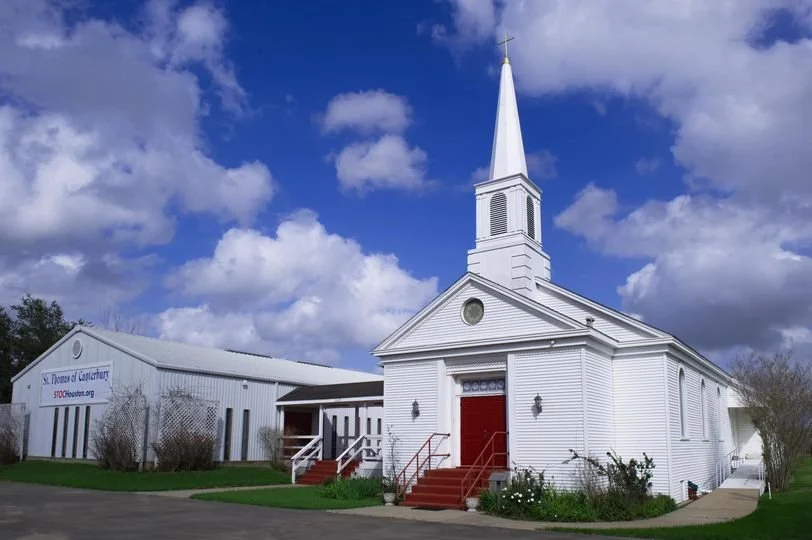The Form for the Readings and Propers
We do not read the Apocrypha to establish any doctrine of the Church.
See Article VI BCP page 604
Lay readers and lectors are asked to introduce lessons in the manner prescribed in the rubrics of the Book of Common Prayer 1928 (excepting the Psalter which we interpolate by extension), found on pages 9 and 10 (Morning Prayer), pages 25 and 26 (Evening Prayer), and page 70 (Holy Communion). These are summarized below.
The Readings
The Readings include:
The Old Testament for Holy Communion
The First Lesson in the Daily Office
The Second Lesson in the Daily Office
The introductions are all the same with the exception of the Apocrypha.
Introduce the Reading or Lesson with the following:
"Here beginneth the (n) chapter of (book title) beginning at the (n) verse."
(PLEASE USE THE EXACT TITLE OF THE BOOK AS FOUND AT THE BEGINNING OF THAT BOOK IN THE LECTERN BIBLE.) examples: the first book of Moses, commonly called GENESIS; the Book of the prophet Jeremiah; the First Book of Kings, The Book of Proverbs, The Epistle of St. James, the Epistle to the Hebrews, the Gospel According to St. John; The Acts of the Apostles, the Revelation of St. John the Divine, etc.
Lessons from the Apocrypha are introduced by saying:
"Here beginneth the (n) chapter of the (n) verse of the apocryphal book of the Wisdom of Solomon (etc)."
At the end of all readings say as appropriate:
"Here endeth the First (or the Second) Lesson."
The Psalm For The Day
At 8:00 The Psalter is always read, at 10:30 it may be read or Sung. In all cases if read say:
"The portion of the Psalter appointed for today is Psalm (n) found on page (n) of the Book of Common Prayer. Let us read responsively by half verse (optional: breaking at the asterisk)."
At 10:30 or other service if the Psalm is sung say:
"The portion of the Psalter to be sung today is Psalm (n) found on the insert in your bulletin."
EVERY PSALM is ended with the Gloria Patri which is said responsively at services without music and sung at services with music.
The Epistle at Holy Communion
Begin the Epistle reading saying:
"The Epistle is written in the (n) chapter of (book title), beginning at the (n) verse."
(As always, please use THE EXACT TITLE OF THE BOOK AS FOUND IN THE KING JAMES BIBLE -see above for examples.)
If not from the Apocrypha end the reading saying:
"Here endeth the Epistle."
If from the Aprocrypha end the reading saying:
"Here endeth the Lesson."
Note: The response "Thanks be to God" is found in the Book of Common Prayer (Reformed Episcopal Church) as a response to ending the Epistle with the alternate saying: "This is the Word of the Lord" and is suited only as a proper response to that particular ending of the Epistle reading.
